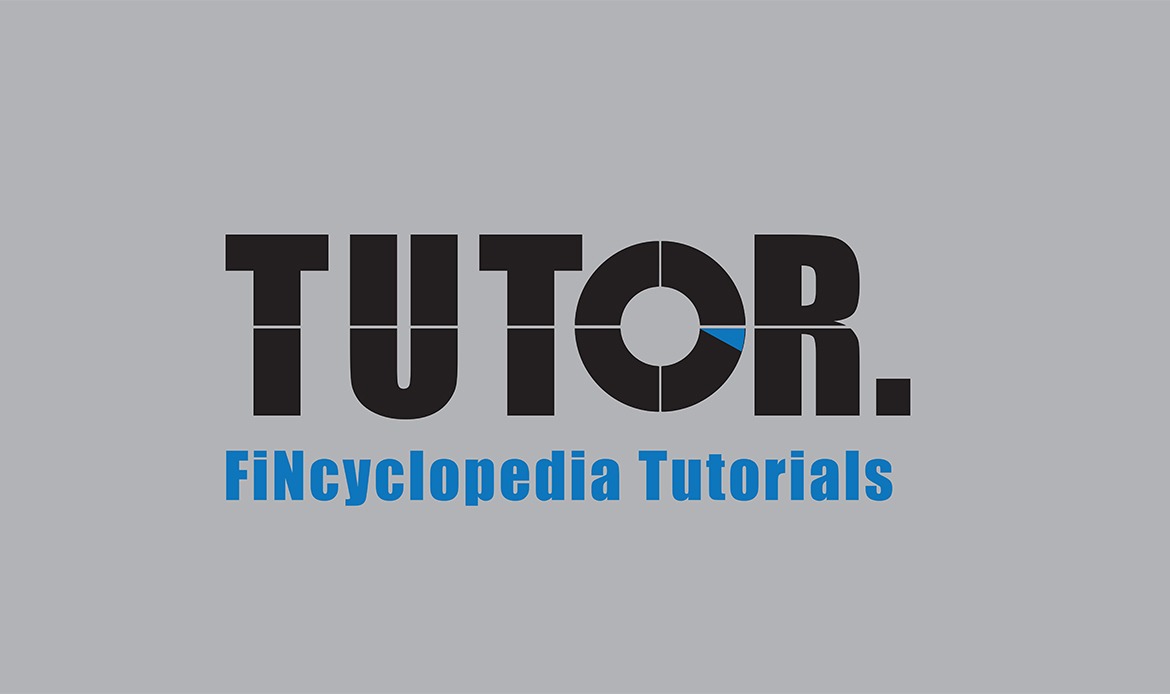Commercial papers consist of bills of exchange, promissory notes, and cheques. In Islamic banking and financial dealings, it is permissible to use these three types provided that such use conforms to the rules and precepts of Islamic shari’a. Potential contraventions may arise from deferment or riba. From a shari’a perspective, it is not permitted to use commercial papers (bills of exchange and promissory notes) in transactions that require qabdh (taking possession of countervalues), as in the case of using the two types of commercial papers as countervalues in exchange transactions (contract of sarf), or the case of using the countervalues as capital in salam transactions.
- A cheque that is drawn by an account holder against deposited funds or by the bank against itself or another bank.
- A cheque that is drawn by an account holder as an overdraft (the account has no balance), or by the bank against itself or another bank provided that the overdraft doesn’t result in payment of riba.
- An account payee cheque that obliges the payee bank to credit the amount of cheque to the beneficiary account.
- A crossed cheque that obliges the payee bank to credit the amount solely to the beneficiary account (no endorsement is allowed).
In the case of travelers’ cheques, the issuing bank/ institution is allowed to charge an intermediation fee whether at the time of issuance or at the time of payment provided such fee doesn’t include riba.





Comments